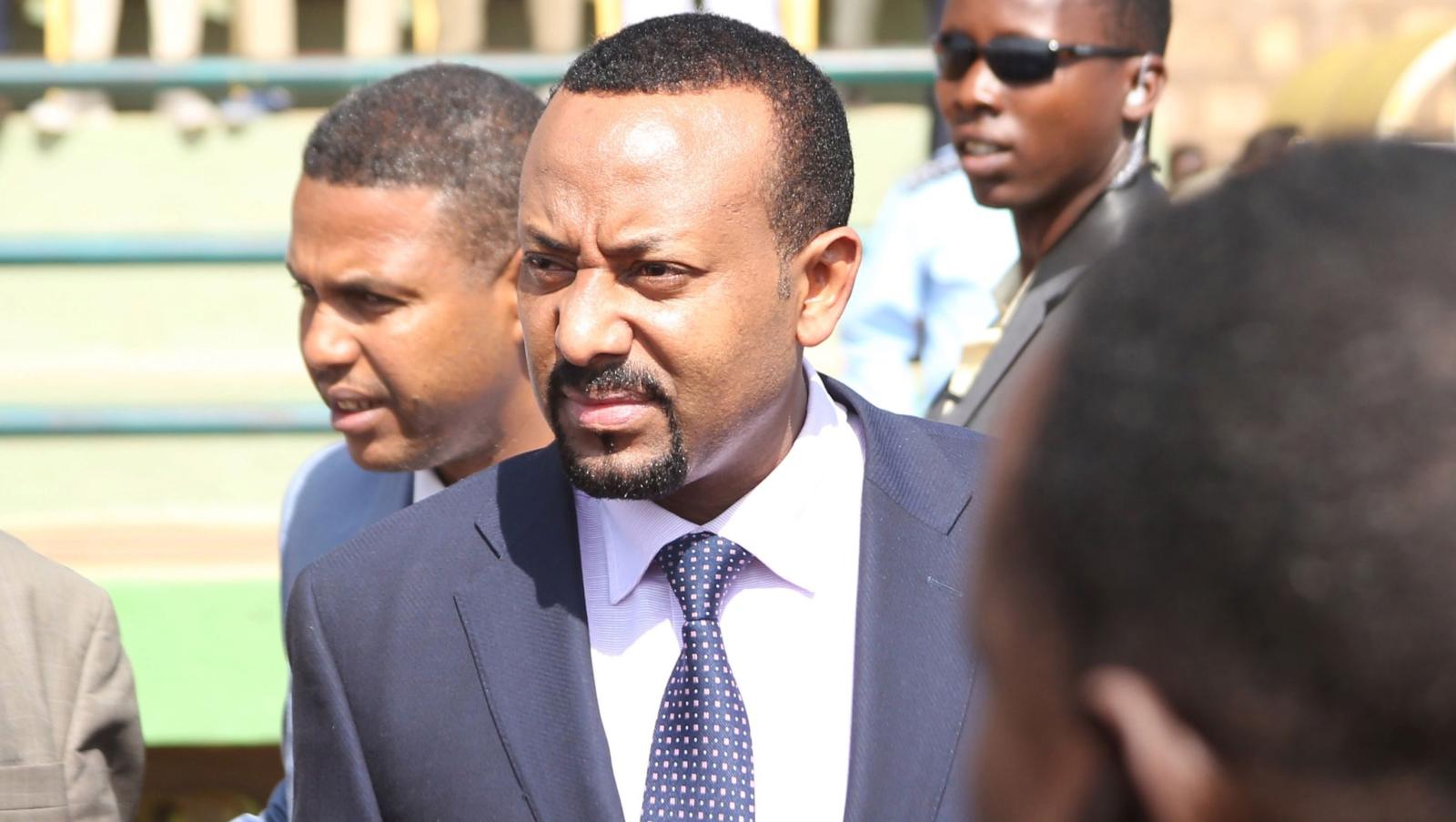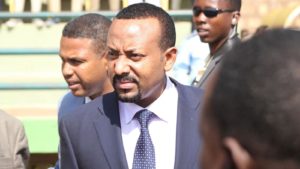Looted shops, burnt churches, and chaos reigned in Ethiopia’s second largest region after the government deployed troops there this weekend, bringing a simmering political tension to a head.
Federal troops entered the Somali regional state capital Jijiga reportedly in a bid to arrest local officials, a move that led to violence and sporadic gunfire in four towns. The troops also clashed with local police forces, even as mobs ransacked businesses and burnt properties.
Witnesses told Reuters that non-ethnic Somalis were also being targeted, while two Ethiopian Orthodox churches were burnt. While not explaining why the troops were garrisoned in the region, the ministry of defense noted it “will not remain silent in the face of unrest and chaos and will take necessary measures in accordance with constitutional obligations.”
The situation unfolding in the region, also known as the Ogaden, is the first major domestic test for prime minister Abiy Ahmed. Since coming into power in April, Abiy has been riding on a wave of goodwill and enthusiasm to oversee groundbreaking national and foreign changes. But Ethiopia’s model of ethnic federalism, coupled with the secessionist sentiments that have dominated the Somali region, along with internal violence between Abiy’s Oromo and Somali communities all present a test for the new administration.
The situation is also complicated by the regional Somali administration, whose leader Abdi Mohamoud Omar, better known as Abdi Iley, is accused by Human Rights Watch of committing a range of abuses using the controversial Liyu police. Iley’s deepened control over the region’s political reality since 2010, his scanty development record, and his alleged brutal suppression of critics was largely sanctioned by the previous administration in Addis Ababa in order to pacify and stabilize the restive region.
But Abiy’s government has promised to overhaul the past: closing the infamous Maekelawi detention center, releasing prisoners, pardoning activists and journalists, and even firing officials from the federal prison service. And this reformist agenda is now threatening the place and future of leaders like Iley. There are concerns that if not well handled it could presage wider unrest and sow religious and ethnic instability.
Analysts say that there’s need for an inclusive political process to carry change in the Somali region, even if that involves drawing support from ethnic Somali leaders in Kenya, Somalia, and Djibouti. The Ogaden National Liberation Front, a secessionist movement that has fought to liberate the region in the past, also called on Abiy to initiate a peaceful dialogue with the leaders.
A mediated political settlement is the best option, said Rashid Abdi, the Horn of Africa director for the International Crisis Group, on Twitter, adding, “Abiy has been handed a tricky legacy problem which he now will be called upon to navigate, resolve with great circumspection.”
Quartz







































